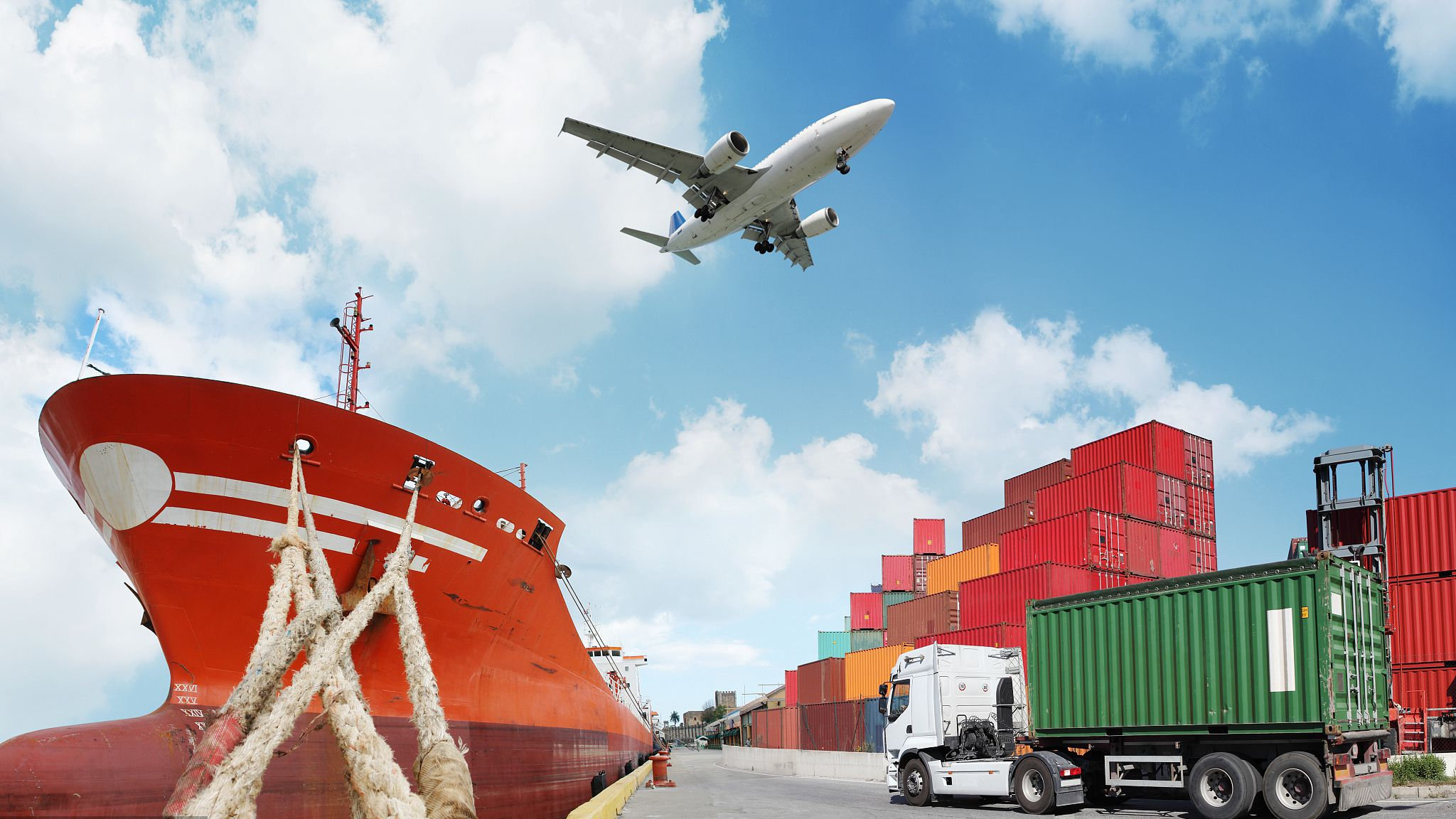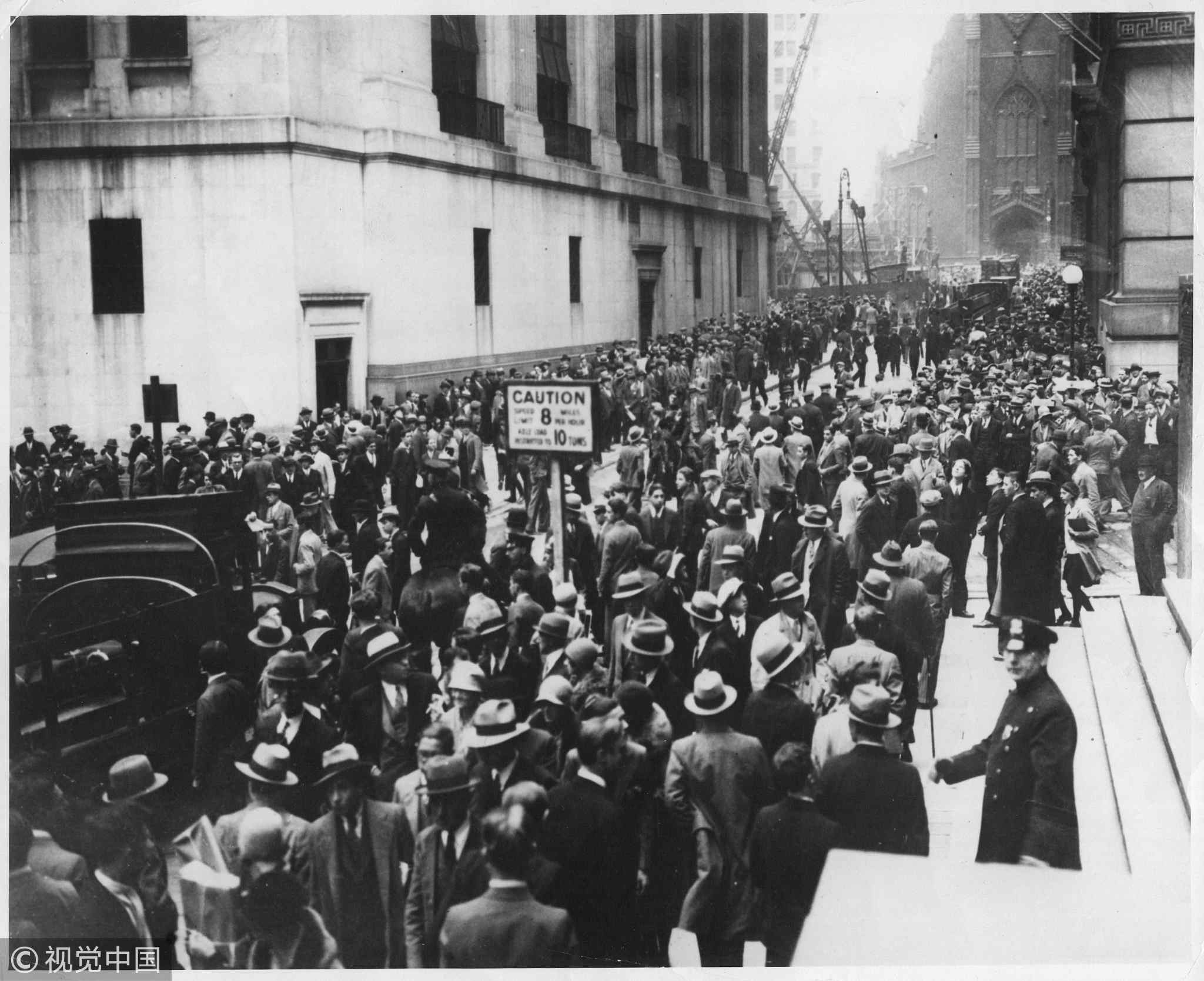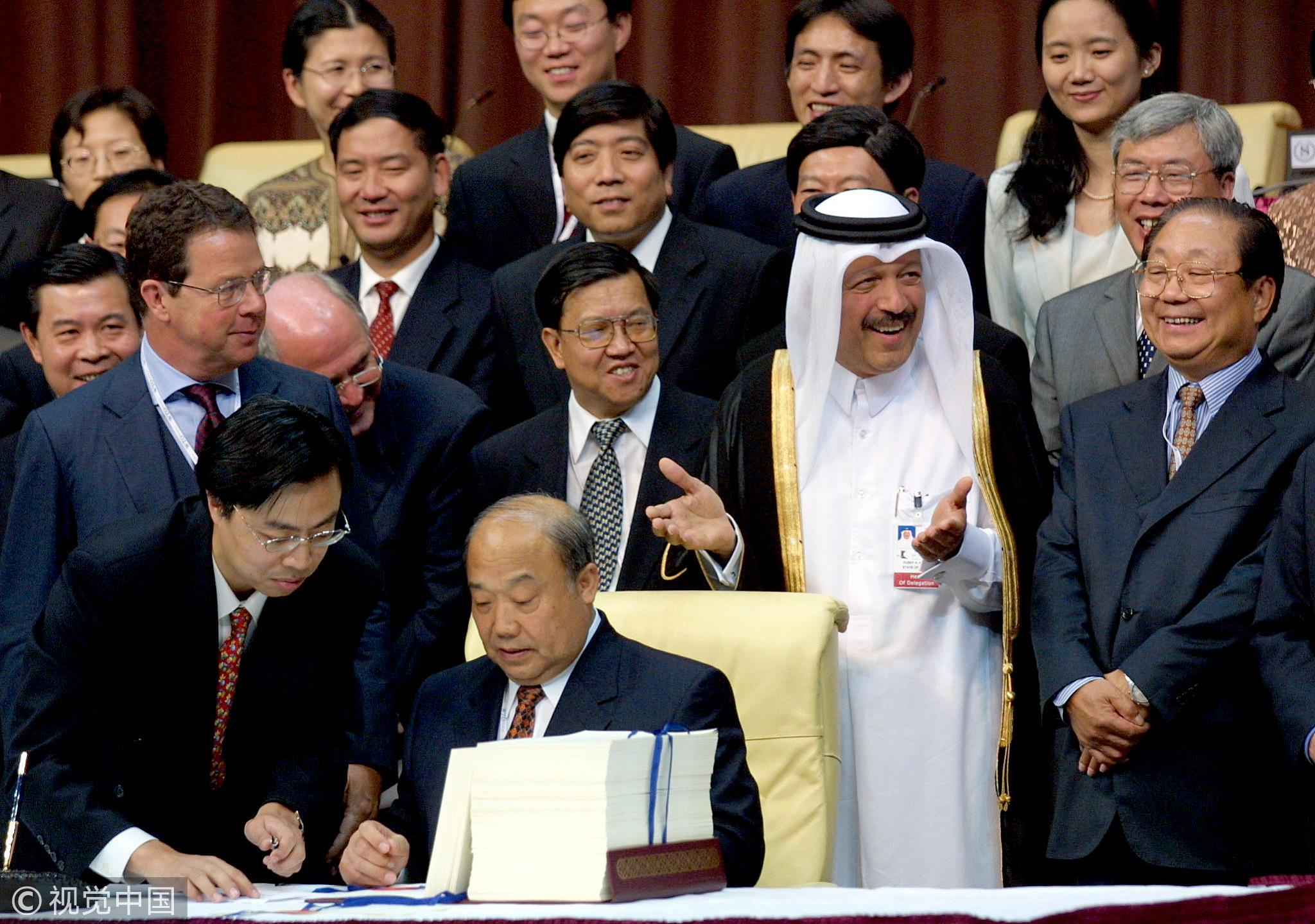
Opinions
10:45, 22-Aug-2018
Opinion: History shows trade protectionism is short-lived
Updated
10:44, 25-Aug-2018
Hou Ruoshi

Editor’s note: Hou Ruoshi was an executive member of the Council of the WTO Rules Research Institute at China Law Society, and also a former research fellow of the Institute of International Studies of Tsinghua University. The article reflects the author's opinions, and not necessarily the views of CGTN.
In response to the US trade war against China, a Chinese-American said that those who launch trade wars are doomed to failure, and only free trade can sustain lasting development and wealth growth of human society.
History has repeatedly proved that free trade can boost consumption and bring tangible benefits to people.
After the Industrial Revolution, Britain experienced economic prosperity and increased textile consumption brought by the first knitting machines. As the American economist Joseph Alois Schumpeter put it, the Queen’s silk stockings can also be worn by women workers. Clothes that had been consumed only by the nobility were now also available to commoners.
As production continued to grow, textile products were exported to other countries, but protectionist trade measures then hampered the exports. Thanks to Britain’s enthusiastic advocacy of free trade, other countries gradually opened their doors for British textile products which soon became popular worldwide.
After the Second Industrial Revolution, as mass production of cars made them much cheaper, they became affordable for the working class. Back then, the US also advocated free trade and became a leader in automobile consumption that helped promote automobile consumption in the wider world.
After the 1970s, as the information technology revolution took place across the world, free trade agreements on information technology and products were signed, and computers and other electronic devices began to be used by almost everyone.

London Financial District /VCG Photo
London Financial District /VCG Photo
History has repeatedly proved that trade wars harm the interests of the people and free trade will ultimately prevail.
The Industrial Revolution made Britain the world’s biggest economic power. In 1846, Britain abolished the Corn Laws that restricted grain imports. Soon after, it signed bilateral free trade agreements with France and other countries. For the subsequent 20 years, bilateral free trade agreements between European countries reduced the average tariff rate from 35 percent to 10-15 percent, and they also extended bilateral most-favored-nation (MFN) treatment to each other.
Due to the economic recession, the conflict of interests between countries severely hampered free trade. The US took the lead in raising import tariffs in 1913 and other countries retaliated. Trade protectionism was gaining ground. After the First World War broke out in 1914, major Western countries began to roll out restrictions on imports, and the free trade policy was abolished.
After the War, international trade and capital flow resumed, and free trade once again became mainstream. In 1929, the world experienced a global economic crisis immediately following a financial crisis. Many countries raised tariffs in the name of protecting domestic industries.
The US, a beneficiary of the Second Industrial Revolution, unusually passed the notorious Smoot-Hawley Tariff Act in 1930 and became the first country to abandon free trade policy, doubling the deflation during the Great Depression and making people’s lives extremely difficult.

View of crowds of people on Wall Street during the stock market crash, known as Black Tuesday, New York, New York, October 29, 1929. /VCG Photo
View of crowds of people on Wall Street during the stock market crash, known as Black Tuesday, New York, New York, October 29, 1929. /VCG Photo
At that time, the economy of various countries was on the verge of collapse, and the conflicts between countries intensified. Free trade policy was temporarily put to an end in 1939 when the full-blown Second World War broke out in Europe. All people in the world were suffering from the scourge of the war, and boosting consumption was a daydream.
We can see from the history of the one hundred years before the 1940s that despite all odds, free trade always defeated trade protectionism. Having been plagued by the two world wars and trade wars, all countries were eager to carry out free trade in a peaceful environment.
In 1948, the General Agreement on Tariffs and Trade (GATT) was established and was later replaced by the World Trade Organization (WTO). With China’s accession to the WTO, the world entered the era of free trade under multilateral trade rules.

Qatari Finance, Economy and Trade Minister Sheikh Yussef Hussein Kamal (2nd L) gestures as he shares a light moment with Chinese delegates while Chinese Foreign Trade and Economic Cooperation Minister Shi Guangsheng signs his country's WTO accession documents during a ceremony in Doha, November11, 2001. /VCG Photo
Qatari Finance, Economy and Trade Minister Sheikh Yussef Hussein Kamal (2nd L) gestures as he shares a light moment with Chinese delegates while Chinese Foreign Trade and Economic Cooperation Minister Shi Guangsheng signs his country's WTO accession documents during a ceremony in Doha, November11, 2001. /VCG Photo
The dividends from free trade benefit the people of all countries, and the mass consumption of industrially manufactured goods is now a reality, improving the quality of life worldwide. In China and other emerging markets, automobiles, home appliances and electronic consumer goods (such as mobile phones) are becoming popular at a faster rate following the mass consumption of textiles, apparel and processed food consumption.
In developed countries such as the US, cheap imported consumer goods are conducive to controlling inflation while raising the level of personal consumption. The sense of gain of the people shows that they need the free trade policy, while unilaterally exercising trade protectionism and launching a trade war enjoy no popular support.
Victory belongs to those who win popular support. Therefore, the Chinese people are not afraid of the trade war initiated by the US.

SITEMAP
Copyright © 2018 CGTN. Beijing ICP prepared NO.16065310-3
Copyright © 2018 CGTN. Beijing ICP prepared NO.16065310-3